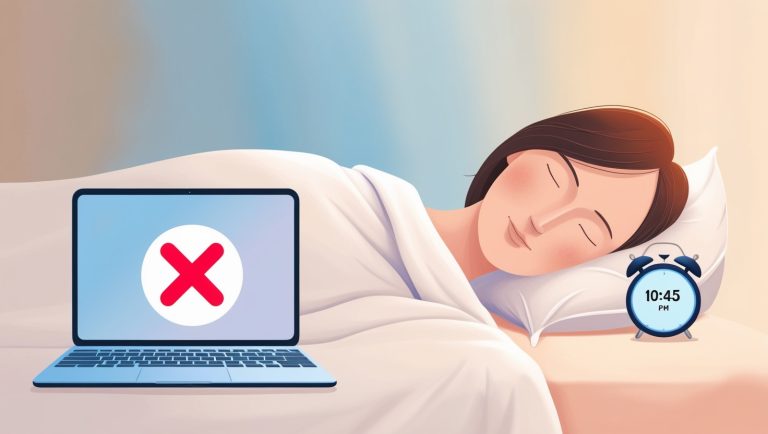A garden-variety adjuvant with possible adverse outcomes
Previously, a few years back, very few people ever thought of using wireless fidelity or commonly known as Wi-Fi as part of their daily carrier. From its perspective, it lets you hook up devices to access the internet for working, communicating, and getting information. From this technology, we get pleased in the sense that it makes our existence in the digital world comfortable. Nevertheless, one should not lose sight of the dangers incurred by means of this continuous accessibility. Some people wonder whether the electromagnetic waves transmitted by WiFi routers are beneficial for our health. While mentioned research is not conclusive, there are some sleep and concentration risks to which some of the sources refer. Waves exposure hence remains a topic of controversy.
The Risks of WiFi Exposure
The effects of Electromagnetic Fields (EMFs) emitted from wireless devices are causes of concern to human health. Some previous researchers have pointed out that it could affect the brain which includes modifying the blood-brain barrier, the barrier that prevent toxins from get into the brain. Further, these electromagnetic fields could alter the level of microRNAs, small molecules regulating numerous brain processes. These disturbances could seriously interfere with the ability to have a normal neural states and resulting in cognitive decline. Current continued studies are therefore necessary to quantify the lifelong cumulative risks attributable to this exposure.
Health consequences
The findings also suggest that exposure to WiFi radiation may decline sperm quality and thus pose some danger to male reproductive system especially when exposed for long. There are also questions regarding cognition, that via a study on animals in 2017, found out that even Wi-Fi could affect the ability to recognition. Thus, the changes in the frequency of heart reports and blood pressure were revealed in rabbits after Wi-Fi exposure, according to a 2015 study. These study results bring into question the impacts or repercussions the electromagnetic waves produce in the society.
Preserving the quality of sleep
It is advisable to turn off Wi-Fi at night to reduce EMF exposure during sleep and allow your body to repair itself without the interference of technology. In addition, an environment free of electronic devices promotes better sleep and helps you wake up more rested. This not only limits the risks associated with the waves, but also improves the quality of sleep in general. Such a simple gesture can have beneficial effects on your physical and mental well-being.


